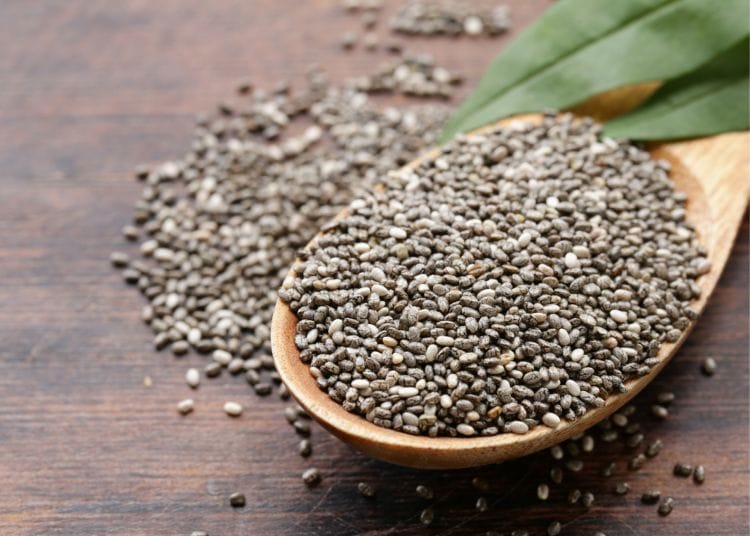The brain is one of the biggest consumers of energy in the body – relying predominantly on glucose. Our brain is crucial for the production of neurotransmitters that regulate mood, memory, concentration, and sleep. To get this energy to the brain, our gastrointestinal tract is vital for digesting and breaking down larger food products.
More challenging to break down are foods that have been heavily processed and modified for shelf stability. In an environment rich in these processed foods, seeds are a simple and versatile addition to even highly restrictive diets. In particular, dietician recommendations for Mediterranean diets place a particular importance on the inclusion of healthy fat-rich foods such as oils, nut,s and seeds to reduce the body’s inflammatory environment.
Inflammation in the brain is a central underlying mechanism in the development and progression of neurodegenerative disorders such as Parkinson’s Disease. As such, the search for supplements and nutrition with anti-inflammatory properties has been a major trend in scientific research. A 2020 study published by Dr’s Martinez Leo and Segura Campos in the Journal of Food Biochemistry presents data which adds to our understanding on the potential benefits of proteins derived from chia seeds.
Chia seeds (Salva hispanica) are a plant species native to Centra America. In their study, the authors cite that a byproduct in the production of chia seeds may be beneficial in reducing neuroinflammation, and therefore have potential applications in the prevention and treatment of inflammatory disorders. In the brain specifically, microglia are a major driver of the inflammatory process. Microglia are a type of brain cell that play an important role in the immune system, protecting the brain against pathogens and bacteria. However, when the immune system becomes overactive, inflammatory disease states can occur.
The study authors made use of a cell line bioengineered to represent the microglia to investigate the effects of chia seed protein on preventing inflammation-induced damage. The researchers induced an artificial immune response by treating the microglial cells with TBHP, a chemical that causes the brain to produce reactive oxidative species (ROS) which are highly sensitive, damaging molecules that can wreak havoc on the delicate structure surrounding the brain cells. When pre-treated with chia seed proteins for 48 hours prior to the introduction of TBHP, the cells produced significantly lower levels of ROS – essentially representing restoration of the healthy balance of the immune system function. In fact, pre-treatment with chia extracts nearly returned the inflammatory levels to their original levels prior to the introduction of TBHP.
In essence, this study provides support for the anti-inflammatory properties of chia seed proteins and is an important target for future research endeavors. From a brain health perspective, we acknowledge that studies like the one mentioned help to lay the groundwork for our understanding of anti-inflammatory nutrients. However, more investigations are required to assess the clinical utility and neuroprotective effects that may add to the intrinsic value of this food.




